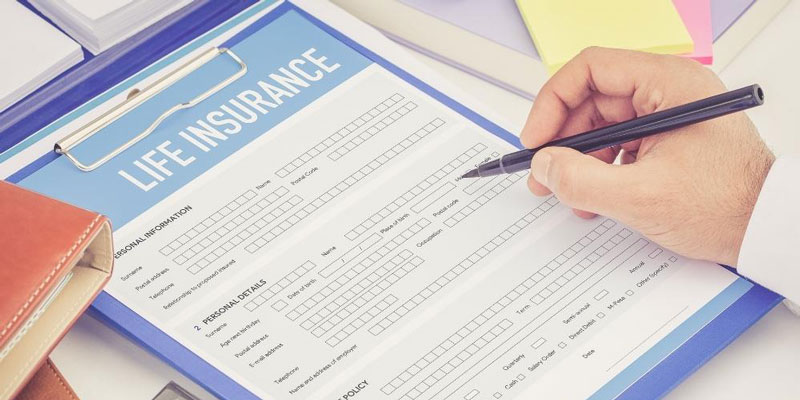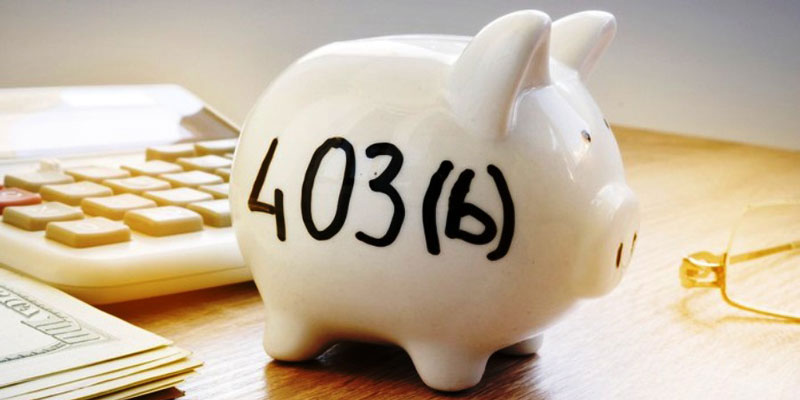Overdraft charges are annoying and expensive for customers. Several financial institutions charge $25 to $35 or more for overdrawn accounts. Overdraft fees can be imposed repeatedly, adding up to a high cost for customers who may already be struggling financially. But, shoppers may be able to get their money back in certain scenarios where they were charged for something they didn't even get. Contacting your bank and requesting a refund of any overdraft fees may be worthwhile if you feel they were incorrectly assessed or otherwise inappropriate. Check your bank statements thoroughly to rule out the possibility that the overdraft fee was not warranted. It's crucial to be polite yet forceful when requesting a refund. Provide any evidence you have that might bolster your case, and be ready to take your complaint further if it doesn't get resolved.
Examine The Account Statements
It would be best to double-check your bank statements to ensure the overdraft fee wasn't the consequence of an actual overdraft before contacting the bank. Even if the overdraft were valid, the bank would not likely reverse the cost. But, you may be eligible for a chargeback if you believe the cost was assessed incorrectly or was otherwise unreasonable.
Get Important Information

It is best to include as much supporting evidence as possible when requesting a refund. Consider compiling the following data:
- Specifics on when and how much money was charged for going overdrawn
- The date and amount of each transaction that contributed to the overdraft
- Additions to the overdraft caused by fees like those incurred at ATMs or for routine maintenance
- Any proof you have, such as bills, that back up your allegation.
Contact Your Bank
You should contact your bank to obtain a refund once you have read your account statements and acquired the necessary information. Visiting a branch in person, communicating via email, or picking up the phone are all viable options. Be cordial yet strong while communicating with the bank. Include your reasoning for assuming the fee was erroneous or unreasonable and any evidence you have to back up your claim. Don't settle for explaining the fee's imposition; demand a full refund instead.
Be Ready to Take Your Complaint Higher
Don't give up if the bank says no to a charge refund. It's possible you can take your issue to a higher level. You can file a complaint with the bank's customer service department or ask to speak with a manager or supervisor. If you have already tried them and they haven't helped, you can contact a consumer advocacy group or a government body to file a formal complaint. In the United States, you can contact the Consumer Financial Protection Bureau or the attorney general in your state.
Contemplate Overdraft Fee Alternatives

Overdraft fees can significantly influence your finances, and while getting a refund can help, it's better to find strategies to avoid them in the first place. Among the various possibilities are the following:
- Avoiding overdraft fees altogether is as simple as activating low-balance warnings on your bank's website.
- Utilizing an overdraft service, which can transfer money from another account to yours automatically if your checking account falls below its set limit, can prevent a costly overdraft
- Declining overdraft protection will deny your transactions if your account balance drops below zero.
- Managing your money proactively helps you avoid costs and manage your financial situation.
Conclusion
It's annoying when you get hit with an overdraft fee, especially if you don't deserve it. Customers, however, should know that they have several choices available to them if they want a refund. Consumers can solidly argue why the fee should be returned by reading account statements and collecting pertinent facts. You should always be kind while demanding a refund, but you should also be persistent. If the bank still refuses to issue a refund, you may take your complaint higher up the chain of command or consult a consumer protection agency. Don't give up fighting for your financial interests. Setting up automatic notifications for low balances, purchasing overdraft protection services, or just keeping a closer check on your account balance are all viable options for preventing future overdraft costs. Managing your money proactively helps you avoid costs and manage your financial situation.




